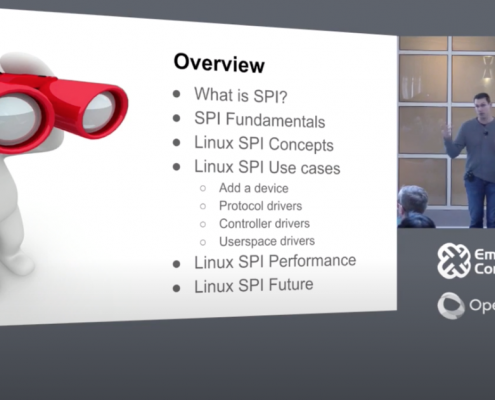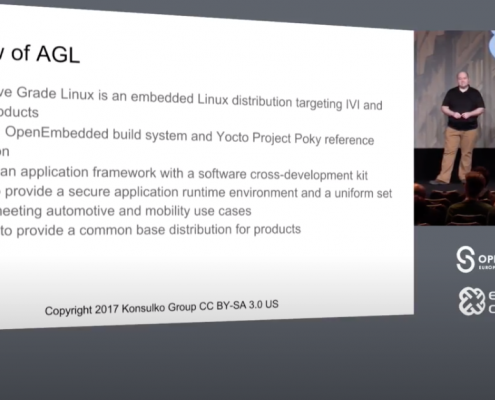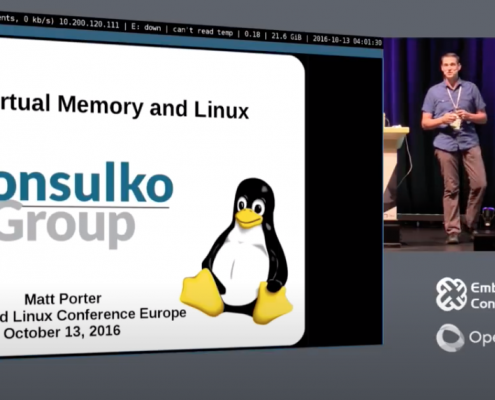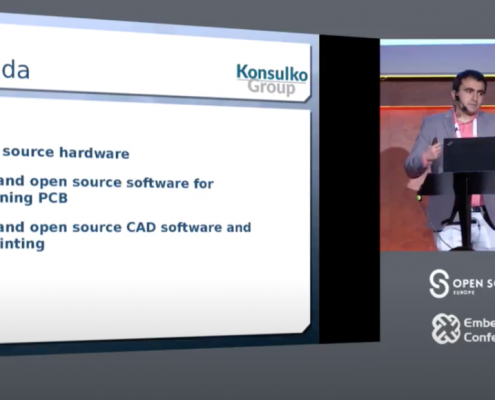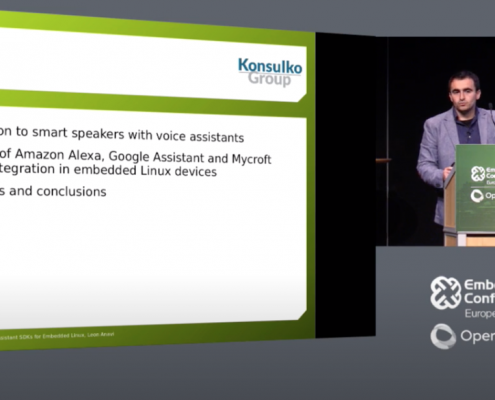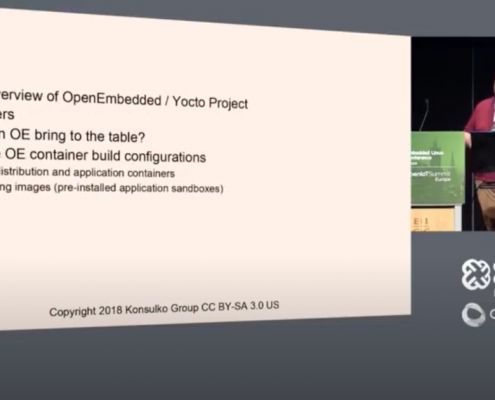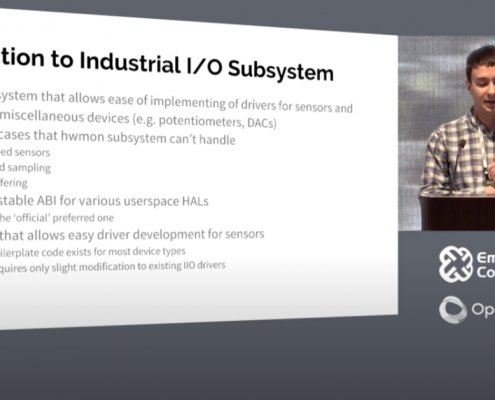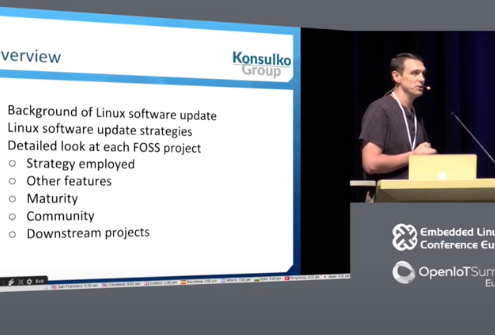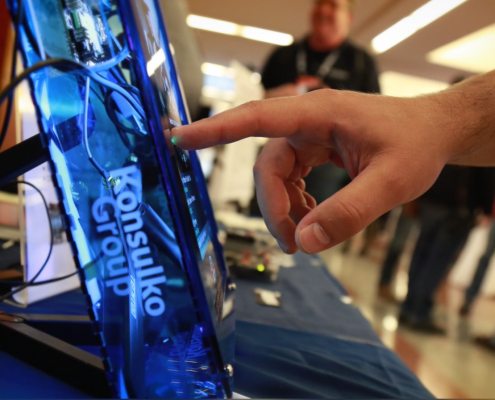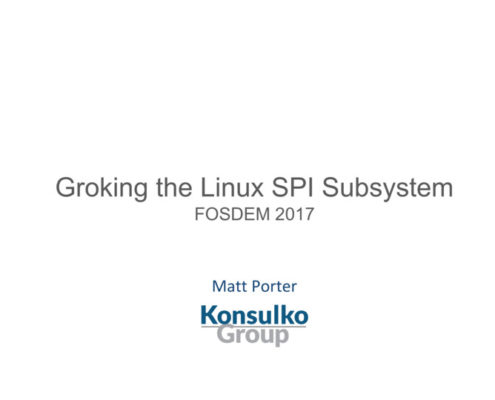The software industry is notorious for missed schedules and project budgets that end up being double, triple or even higher than original estimates. One of the first managers I worked for, early in my career, joked that when an engineer gives you an estimate, you should double it and then move to the next unit of measure. In his mind, a two weeks estimate thus became four months. This was obviously an exaggeration, but it does point to the magnitude of the problem.
Three reasons for missing an estimate
There are multiple sources for missed estimates. First, there’s the shear complexity of scoping the effort of large projects.
Second, engineers often think “dev done / it sort of works” as the end point when estimating the time it will take them.
Lastly, there is the explicit or implicit pressure most engineers feel to come up with an estimate that will be palatable to upper management. The problem is even greater, I believe, if you consider the long hours engineers put in every day, plus many weekends and sometimes even holidays, in order to attempt to make the impossible schedules they’ve signed up for.
Missing schedules and blowing up budgets is not a luxury a professional services company has. Roughly 85%-90% of our projects end up under budget, and even the few that end up over budget are for reasons outside of our control. While there is no precise formula to use to properly scope the effort, I’ll share just a few notes that developers in our space may find useful.
Make sure you make the right assumptions
Your estimates are based on assumptions:
- working hardware (no glitches with the components or the PCB itself),
- deliverables owed to you by the customer,
- documentation that you might not be able to obtain easily and the customer will have to get it for you (due to strict NDAs, for example),
- any possible software deliverables by the customer to you, and so on.
Start by listing your assumptions and make it known that if any of them prove wrong, additional time and budget will likely be required.
Look at specific tasks in the project and lean on past experience when you can
Break down the project into manageable tasks that you think you can estimate but lean back on past experiences with similar projects. One example that developers in the embedded Linux space will recognize is uplifting a BSP from a certain kernel version to the latest stable (same hardware, no new board spins to deal with). It’s easy to look at the list of, say, 10 device drivers that “should just work” and estimate that each one will take a day or two only, and 90% of the time you’ll probably be wrong.
What we know from experience is that when doing similar work, it took on average, for example, one week per driver. Some may take a few hours; but others will take two weeks, and you don’t know which ones ahead of time. Don’t let the customer pick your estimates apart. Group this effort into a single task, “Uplifting the following device drivers:” and provide only a single estimate for the task.
Take a high level view
If you can’t break down the project into small tasks or perhaps it’s hard or impossible to estimate them, then step back and take a very high level view, or use a mix of approaches.
We recently completed a project that included, among other tasks, bring-up of brand new hardware and writing some new, rather complex, Linux device drivers from scratch. The drivers we estimated separately, based on prior experience with these types of drivers and the corresponding Linux subsystem. As always, we listed our assumptions.
The hardware bring-up, on the other hand, is impossible to estimate with precision. Instead, we used completely different high level heuristics once again based on 20+ years of industry experience: looking at past projects of similar complexity, how much time the customer took to go from first board spin to production, how much time we needed to get our work done, how much time the customer required for support and so on.
Using such heuristics, we came up with an estimate for bringing up the hardware through the first spin (there is always a respin of new boards) and the writing the new drivers. We beat that estimate by a couple of weeks.
Consider making the estimate Phase 0 of the project
Sometimes you just don’t know until you start working on the project and you’re two or four or more weeks into it. If that’s the case, make that a Phase 0 with the deliverable being a well defined and fleshed out effort estimate and project schedule, one that you can sign up for with a higher degree of confidence.
These are a few of the ways we look at estimating a software project. As you can see, it’s not “black magic” after all but a multi-faceted approach to accurately scoping the effort. Contact us to learn more and prepare an estimate for your project.



